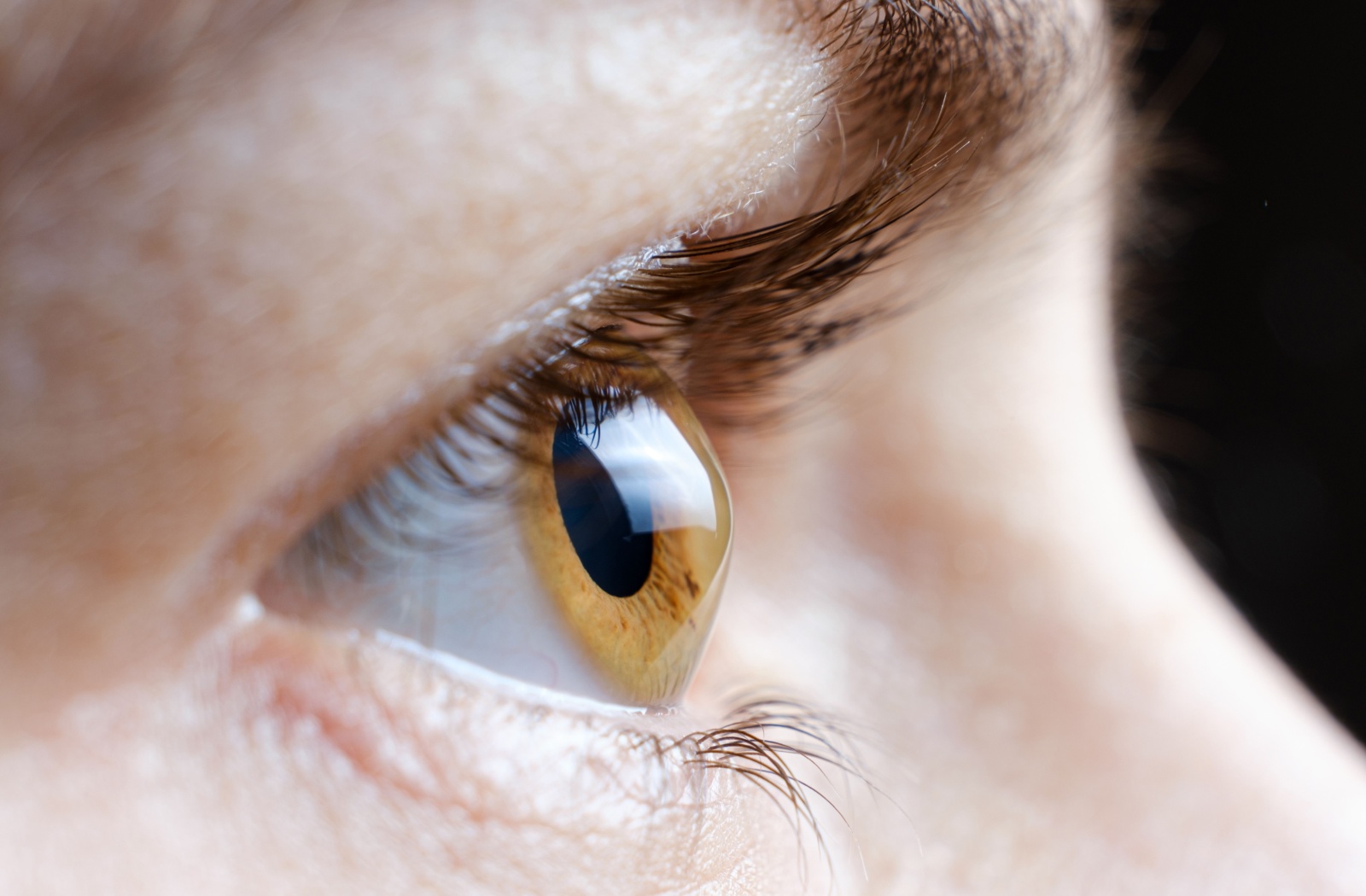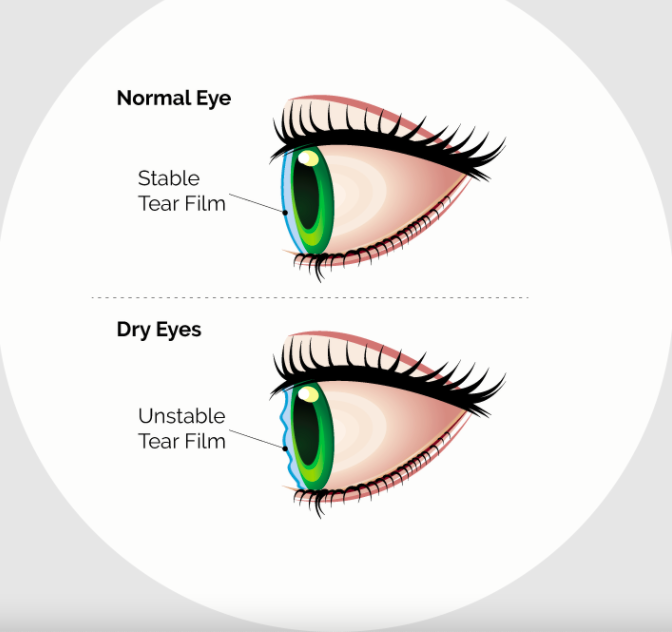Featured

While the majority of people comprehend the importance of protecting their skin from the sun, the damaging results of ultraviolet (UV) rays on eye wellness typically go neglected. Too much exposure to UV radiation can lead to a variety of eye problems, some of which can result in permanent damages. Whether you're absorbing the sun on a summer day or strolling outdoors on an over cast mid-day, safeguarding your eyes from UV rays is necessary. Right here's what you require to know about the impacts of UV radiation on your eyes and how to shield them.
What Are UV Rays? UV rays are a kind of electromagnetic radiation sent out by the sunlight. They are categorized into 3 types:
UVA Rays: These permeate deep into the skin and eyes and can contribute to lasting damages. UVB Rays: These rays are extra extreme than UVA and are mainly responsible for surface-level damage to the eyes and skin. UVC Rays: These are one of the most damaging but are mostly taken in by the Planet's ozone layer and don't usually reach us. UVA and UVB rays are the main culprits behind eye-related damages.
Short-Term Effects of UV Exposure on the Eyes. Even temporary direct exposure to intense UV rays can harm your eyes. One typical problem triggered by this is photokeratitis, or "sunburn of the eye." Signs of photokeratitis include:
Uncomfortable, red eyes. Sensitivity to light. Tearing or too much watering. Temporary vision loss or blurred vision. Photokeratitis is normally short-lived, however it functions as a warning of exactly how harmful UV direct exposure can be, even in little dosages.
Long-Term Results of UV Direct Exposure. Prolonged exposure to UV radiation can cause extra significant and permanent eye conditions, such as:
Cataracts: UV rays can speed up the formation of cataracts, a problem that causes clouding of the eye's natural lens, resulting in blurred vision and, if untreated, blindness.

Macular Degeneration: UV direct exposure can harm the retina, particularly the macula, raising the risk of age-related macular deterioration (AMD), which impacts central vision.
Pterygium: A development of tissue on the white part of the eye that can prolong over the cornea, creating pain, soreness, and vision issues.
Pinguecula: UV exposure can trigger yellow-colored deposits to develop on the conjunctiva, bring about irritation and dry skin.
Skin Cancer Around the Eyes: The fragile skin surrounding your eyes is highly at risk to UV radiation, boosting the threat of skin cancers like basic cell carcinoma and squamous cell cancer.
Exactly How to Protect Your Eyes from UV Rays. Shielding your eyes from UV rays is simple and requires a few conscious practices:
Invest in High Quality Shades: Choose sunglasses that block 100% of UVA and UVB rays. Search for tags that specify "UV 400" defense. Wrap-around styles are ideal as they block UV rays from the sides too.
Put On a Wide-Brimmed Hat: A hat with a border at the very least 3 inches wide can significantly reduce UV exposure to your eyes and face.
Limit Direct Exposure During Top Hours: UV rays are greatest between 10 a.m. and 4 p.m. If you need to be outdoors throughout these hours, ensure you're properly secured.
Don't Be Fooled by Clouds: UV rays can penetrate with clouds, so it is necessary to put on sunglasses even on overcast days.
Secure Your Eyes Year-Round: Snow, sand, and water can reflect UV rays, intensifying their results. Eye security isn't just for sunny summertime days-- guarantee you're covered in all periods.
Use UV-Blocking Get In Touch With Lenses: Several contact lenses now feature UV defense. If you wear calls, ask your eye medical professional concerning lenses with integrated UV filters for added security.
Encourage Eye Defense for Children: Children's eyes are a lot more delicate to UV rays because their lenses are clearer, enabling even more radiation to get to the retina. Ensure they wear sunglasses and hats during outside activities.
Normal Eye Examinations. Normal examinations with an eye treatment professional are crucial for early detection of any UV-related damages. An eye doctor or ophthalmologist can review your eyes, suggest safety measures, and spot conditions like cataracts or macular degeneration early.
Verdict. By using UV-blocking sunglasses, restricting sun direct exposure throughout top hours, and staying constant with eye examinations, you can ensure your eyes remain healthy and your vision continues to be clear for years to come. Securing your eyes from UV radiation isn't just regarding convenience-- it's a vital action in maintaining your long-lasting eye wellness.
Latest Posts
Specials & Discounts: Score Great Offers on Vehicle Maintenance at Montclare Auto Repair
A Dream Wedding Experience at FunCity Resort
Perfect Wedding Events at FunCity Resort